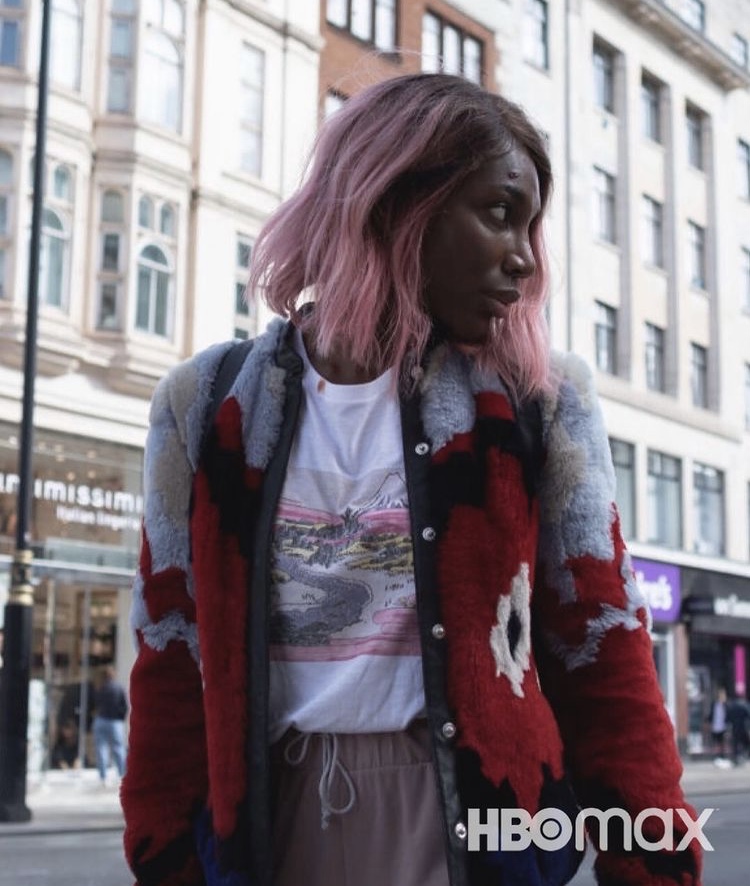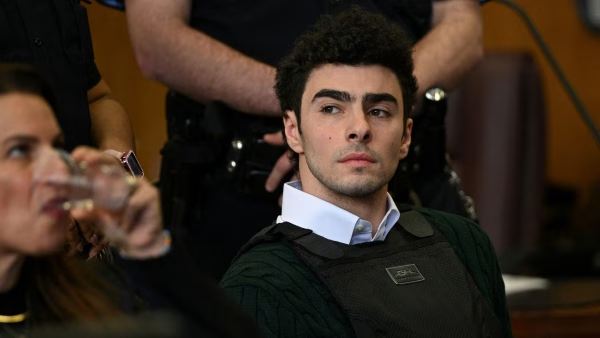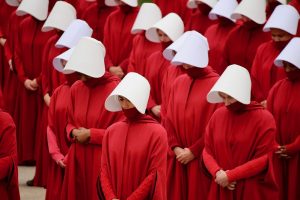Golden Globes sparks controversy over lack of BIPOC nominees
February 25, 2021
On Feb. 3, the Hollywood Foreign Press Association virtually announced the nominations for the 78th Golden Globes awards.
Even before the list of nominees was released, Hollywood insiders jumped to Twitter to express disbelief and shock.
When the official announcement was made, public outrage over a lack of representation and ignorance on behalf of the HPFA’s decisions made its way across social media platforms.
In a year where the pandemic forced cinema and television to reorganize production entirely, audiences were unsure of what to expect when it came time for awards season.
Choices were limited; a fact which did not prevent snubs or controversial nominations.
The Golden Globes will air Feb. 28 on NBC, hosted by Tina Fey and Amy Poehler, both from their respective coasts.
Fey will be live from the Rainbow Room in Manhattan, NY, and Poehler from the Beverly Hilton in Beverly Hills. Nominees are expected to join virtually from locations across the world.
Leading the way with the most nominations for a motion picture is Netflix’s “Mank,” a biographical film about screenwriter Herman J. Mankiewicz (Gary Oldman) and his development of the screenplay for the classic film “Citizen Kane” in 1930s Hollywood.
Netflix’s “The Crown,” another historical drama that follows the reign of Queen Elizabeth II (Claire Foy; Olivia Coleman), holds the most nominations for a television series or program.
The biggest snub of the year according to many was the complete absence of nominations for the BBC show “I May Destroy You,” a drama series written, directed, performed and co-produced by Michaela Cole, which features a predominately Black British cast.
The show focuses on Arabella Essiedu, a writer and millennial icon who is raped on a night out in London and tries to rebuild her life with the help of her friends following the incident.
The backlash was felt most prominently on Twitter, where fans argued that Netflix’s “Emily in Paris” did not deserve the recognition it received. The show holds two nominations including Best Performance by an Actress in a Television Series – Musical or Comedy, for Lily Collins, and Best Television Series – Musical or Comedy.
Multiple people who worked on “Emily in Paris” expressed outrage online at the fact that their own show had received such high nominations when “I May Destroy You” was completely left out of the picture.
https://twitter.com/dcopaken/status/1356995014639951879
Directors Regina King, Emerald Fennell and Chloé Zhao have made history this year, as this is the first time three women have been nominated for the category Best Director – Motion Picture.
They will compete against two male directors who are familiar faces in the Globes crowd: David Fincher for “Mank,” and Aaron Sorkin for the “Trial of the Chicago 7.”
Fennell’s “Promising Young Woman” and Zhao’s “Nomadland” have also been nominated for Best Motion Picture – Drama.
King’s “One Night in Miami…” has nominations in Best Supporting Actor – Motion Picture for Leslie Odom Jr.’s performance as soul singer Sam Cooke and for Best Original Song for Leslie Odom Jr. and Sam Ashworth’s “Speak Now.”
To add to the shock that was felt when nominations were released, Sia’s movie “Music,” a musical about a girl and her sister with autism received two nominations.
The film was already receiving backlash before the Globes nomination from the autistic community because of the stereotypes that many believe Sia has perpetrated, as the character with autism is portrayed by Maddie Ziegler rather than a performer who is on the spectrum.
Many believe that for the movie to receive a nomination for Best Motion Picture – Musical or Comedy, and for Kate Hudson to be nominated for Best Performance by an Actress in A Motion Picture – Musical or Comedy, is an insult to the autistic community.
University freshman Katy Huff says, “I don’t think that ‘Music’ should be nominated at all. I have family members who both have and work with children and adults with autism and ‘Music’ is terribly offensive on their behalf.”
Huff continued, “For best motion picture musical or comedy, I think ‘Hamilton’ will win. ‘The Prom’ was good, but there were some parts that I really didn’t like.”
One of the issues that many audiences had with “The Prom” was James Corden’s performance as a stereotypical flamboyant gay Broadway performer.
His nomination for Best Performance by an Actor in a Motion Picture – Musical or Comedy was, therefore, incredibly confusing to audiences.
His performance was critiqued when the film came out on Netflix in Oct. 2020, and the addition of a Globes nomination seemed incredibly odd.
Some even said that his being nominated instead of Meryl Streep was an insult to the actress, who has always been a crowd-favorite. Reportedly, Corden landed the accolade because of a lack of actors who fit the category.
The American-made and produced film “Minari,” a story about a Korean American family moving to Arkansas to start a farm of Asian crops, was nominated – but for the category Best Motion Picture – Foreign Language.
The reasoning for its placement is due to an old HPFA rule that states that if more than half of the dialogue is in a foreign language, it does not qualify for Best Motion Picture – Drama, Best Motion Picture – Musical or Comedy, or Best Motion Picture – Animated.
Critics slammed the HPFA for this rule back in December when the film premiered, saying that it deserved to be considered in more categories.
When nominations were released, audiences believed that “Minari” had been snubbed since it only received a singular nomination.
While some familiar faces are present, such as British actor Anthony Hopkins for his portrayal of Anthony in “The Father,” and Nicole Kidman for her performance as Grace Frasher in the “Undoing” (which has a scene shot below the stairs on the University’s NYC campus), many of the names on the list are newcomers to this particular awards show.
Anya Taylor-Joy, an up-and-coming Hollywood star, is nominated for both her portrayal of Beth Harmon in Netflix’s “The Queen’s Gambit” as well for her performance as Emma Woodhouse in “Emma.”
Shira Haas, who played Esther Shapiro in Netflix’s “Unorthodox,” has been nominated for Best Actress – Miniseries or Television Film.
John Boyega, while a well-known face in Hollywood circles, received his first nomination for his role as Leroy Logan in “Small Axe” in the category Best Performance by an Actor in a Television Supporting Role.
Much like many of its fellow awards shows, the Globes is in desperate need of improvement in terms of the nominees it chooses and how it chooses them.
Critics have cited that the HFPA is far more susceptible to bribery, while others pointed out that the action of hate-watching raises view counts and makes a show or film on a streaming service appear more profitable and more valuable to the public than it truly is (as was the case with “Emily in Paris”).
Categories still suffer from a lack of representation for minorities, and controversial films that deal with topics such as disability in an ableist manner appear to have a strong likelihood of being nominated regardless of the pain it causes for marginalized communities.
Despite the severe amount of controversies this year, there is hope that the lessons learned from the 2021 Golden Globes nominees will contribute to a larger awareness of what is socially acceptable amongst media producers, consumers and judges alike.
The full list of nominations can be found on the Hollywood Foreign Press Association’s website.












